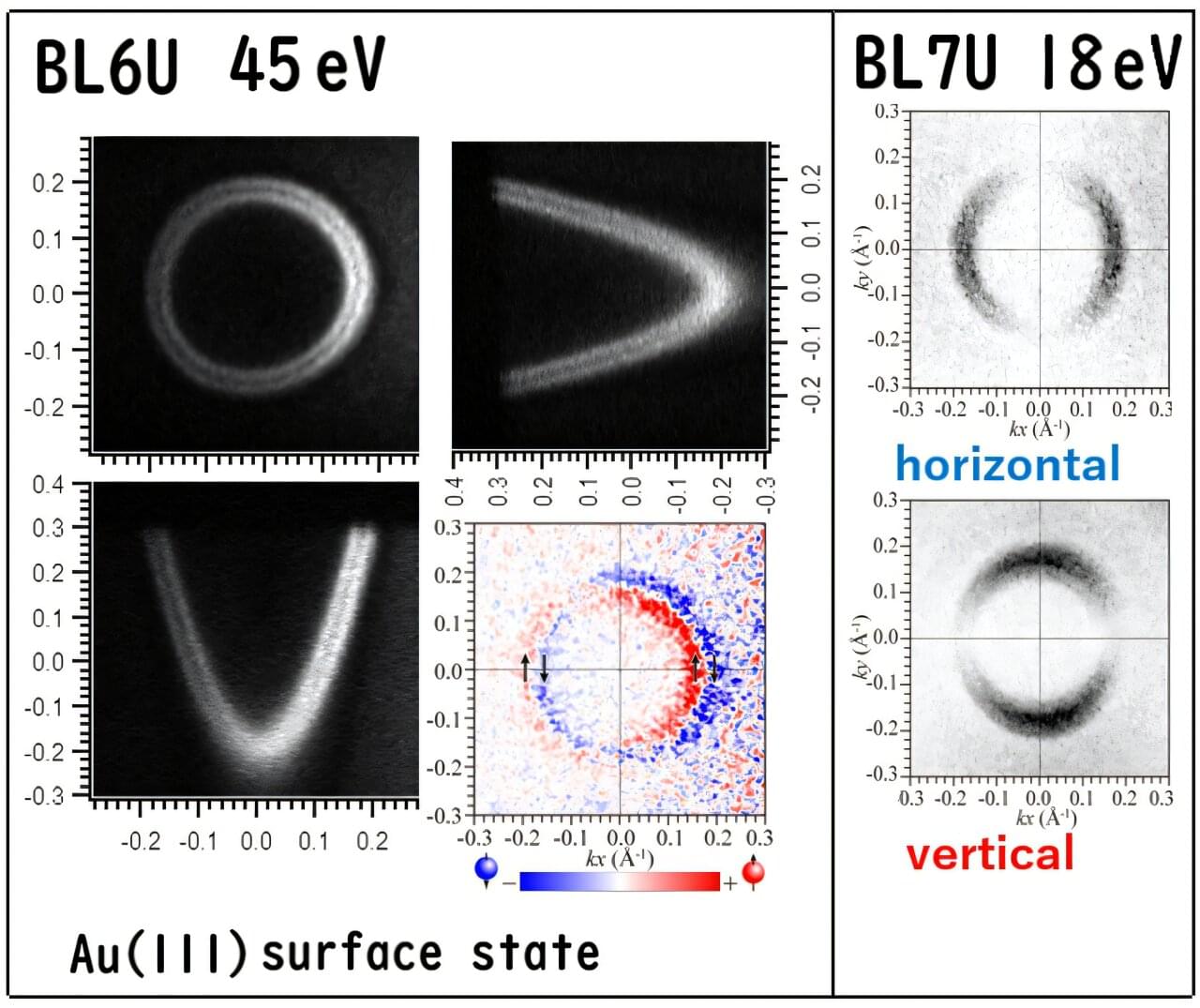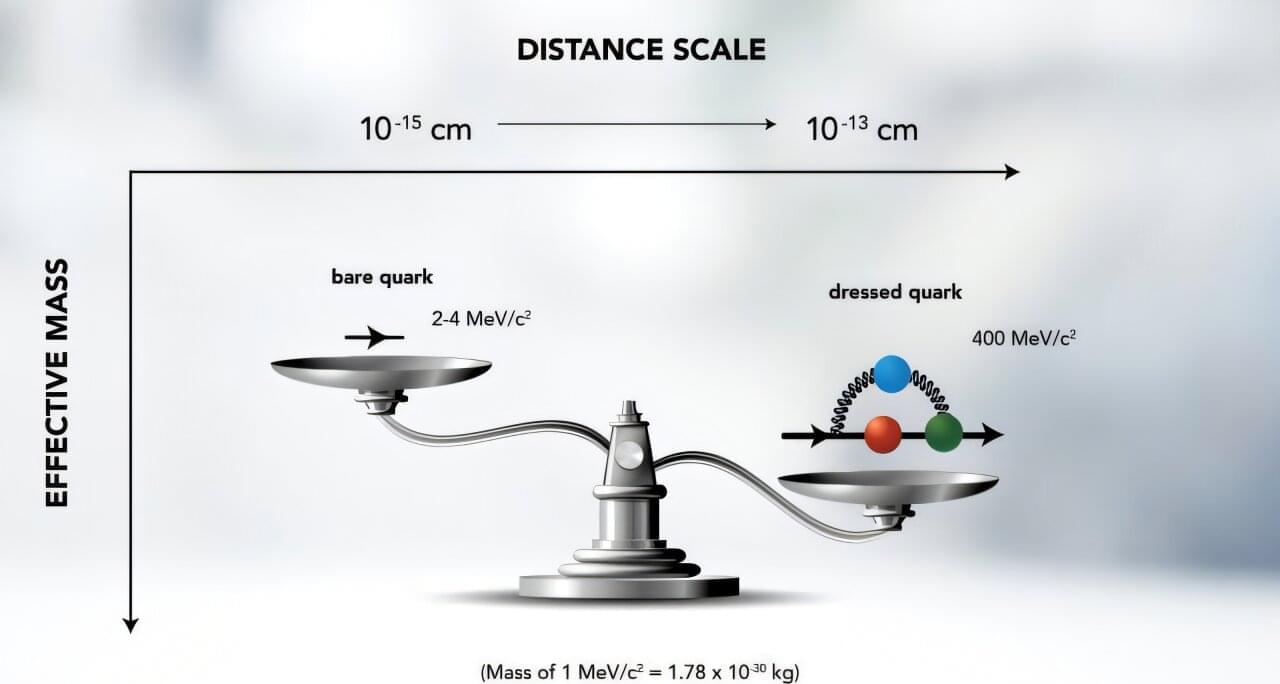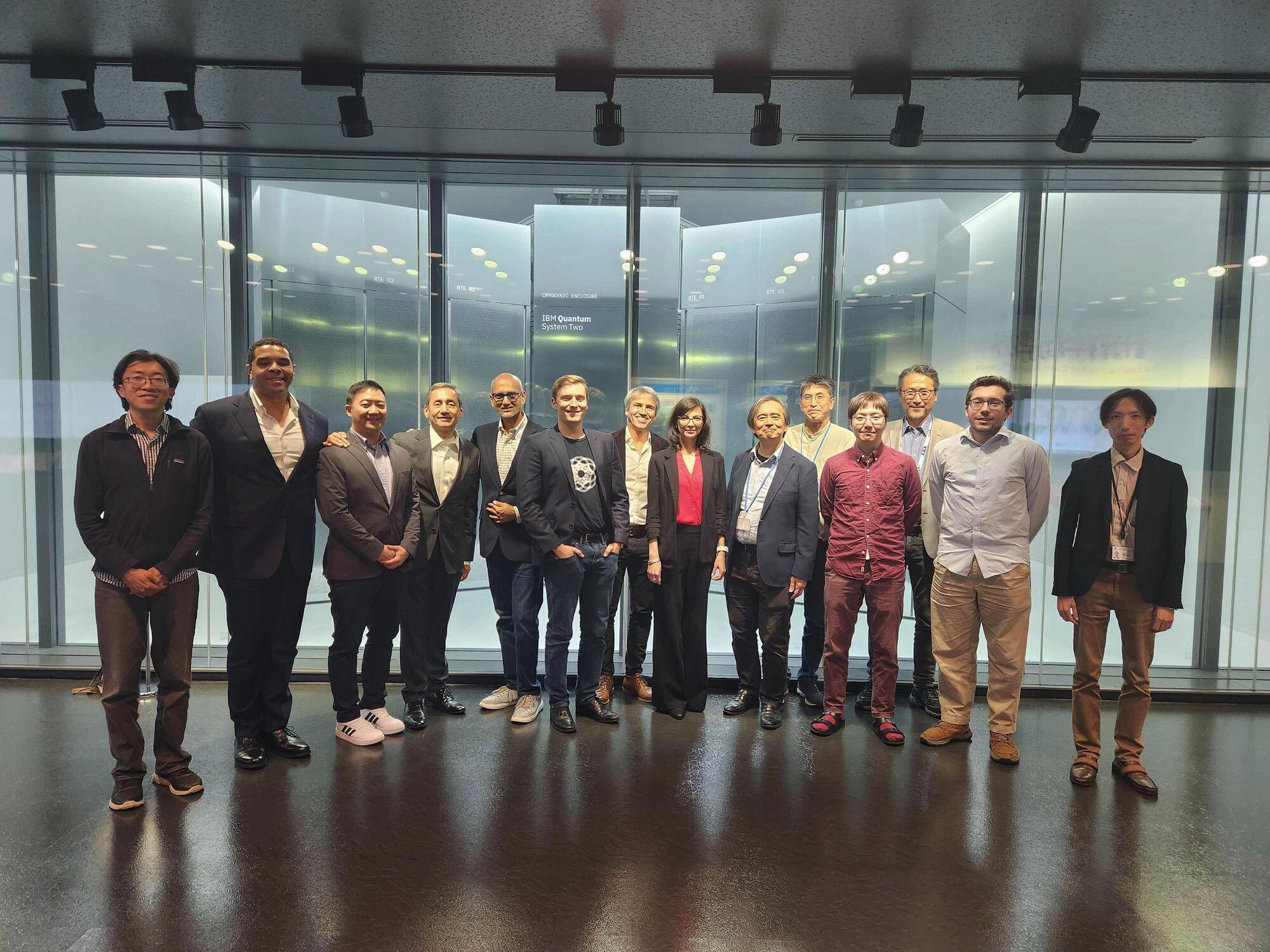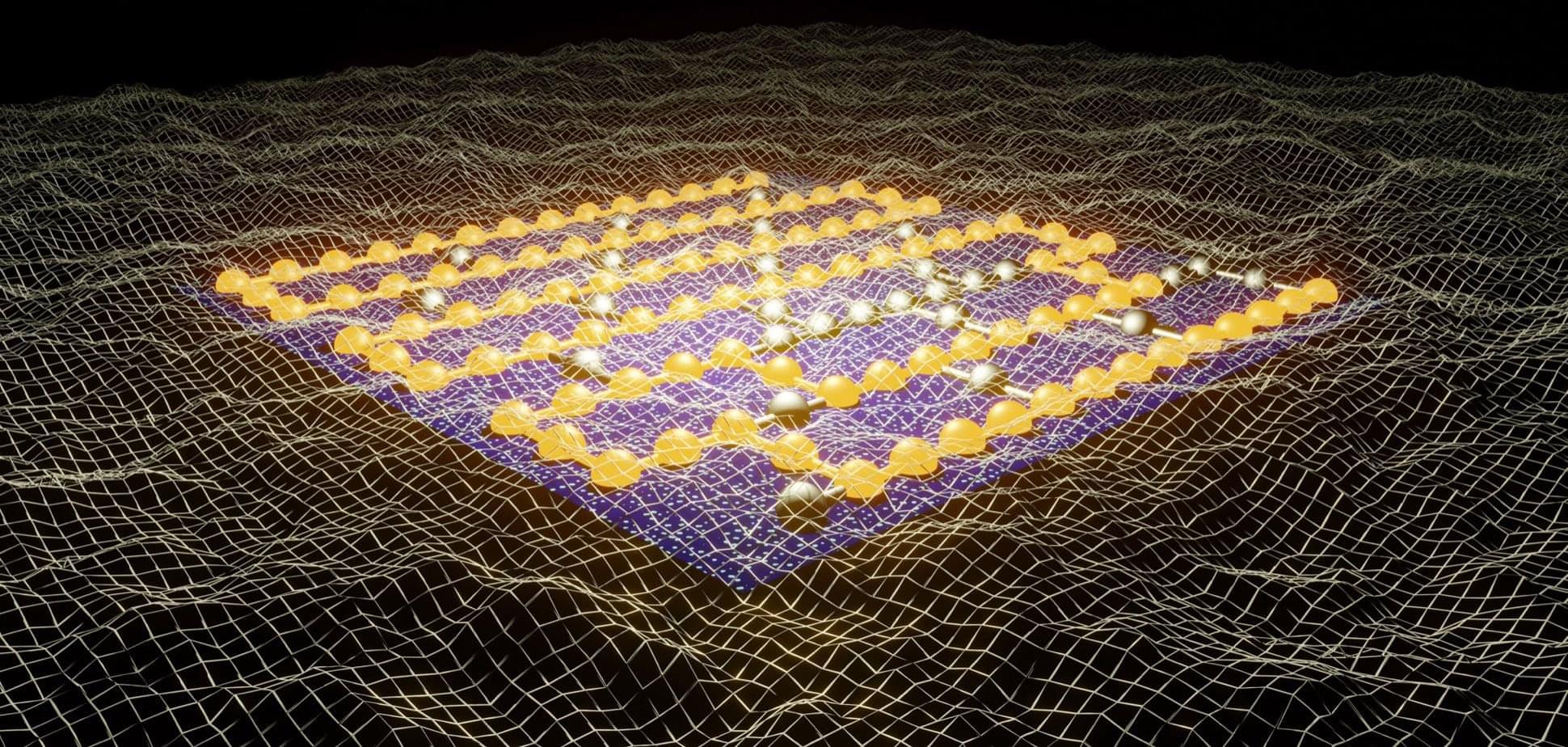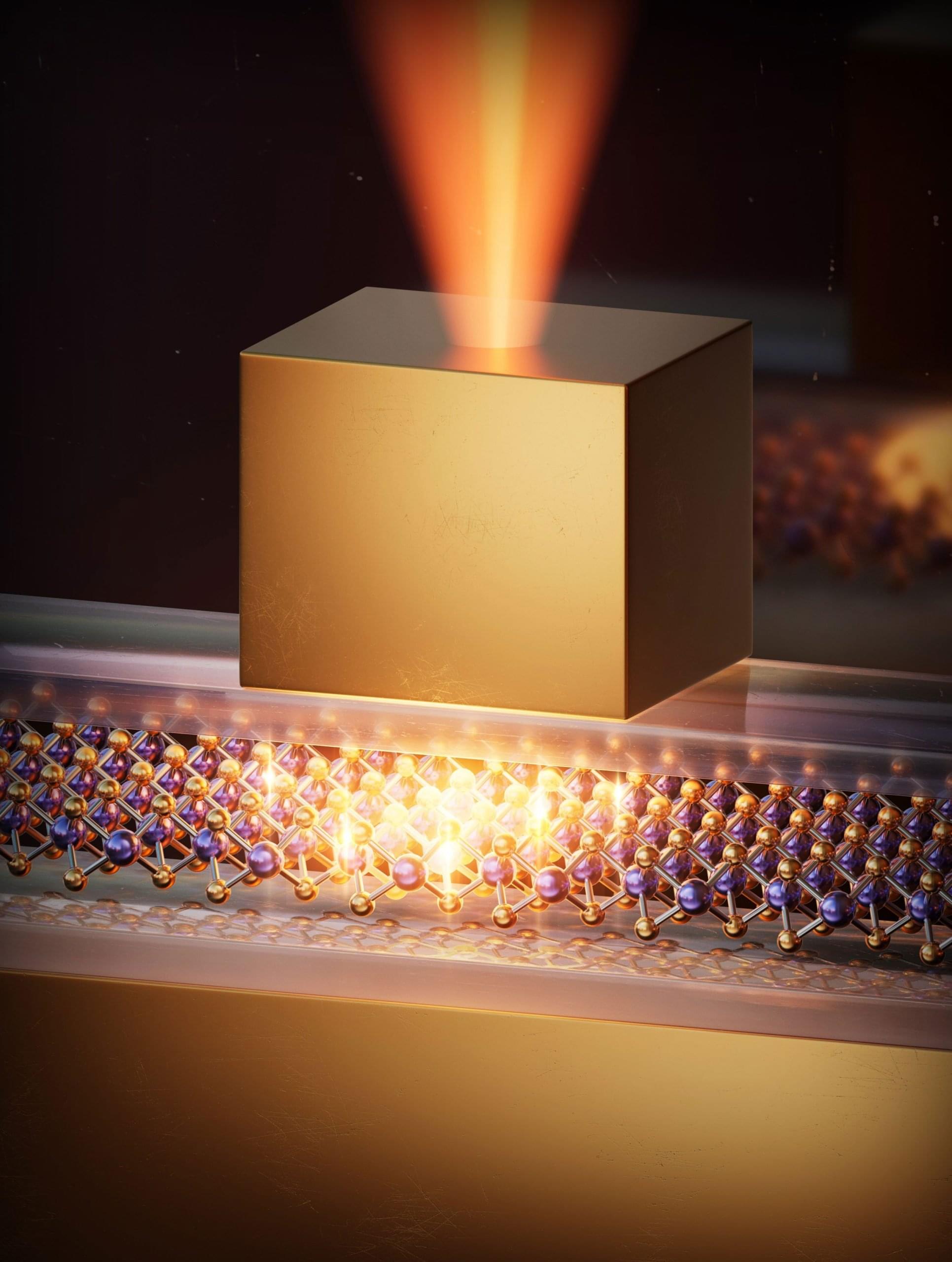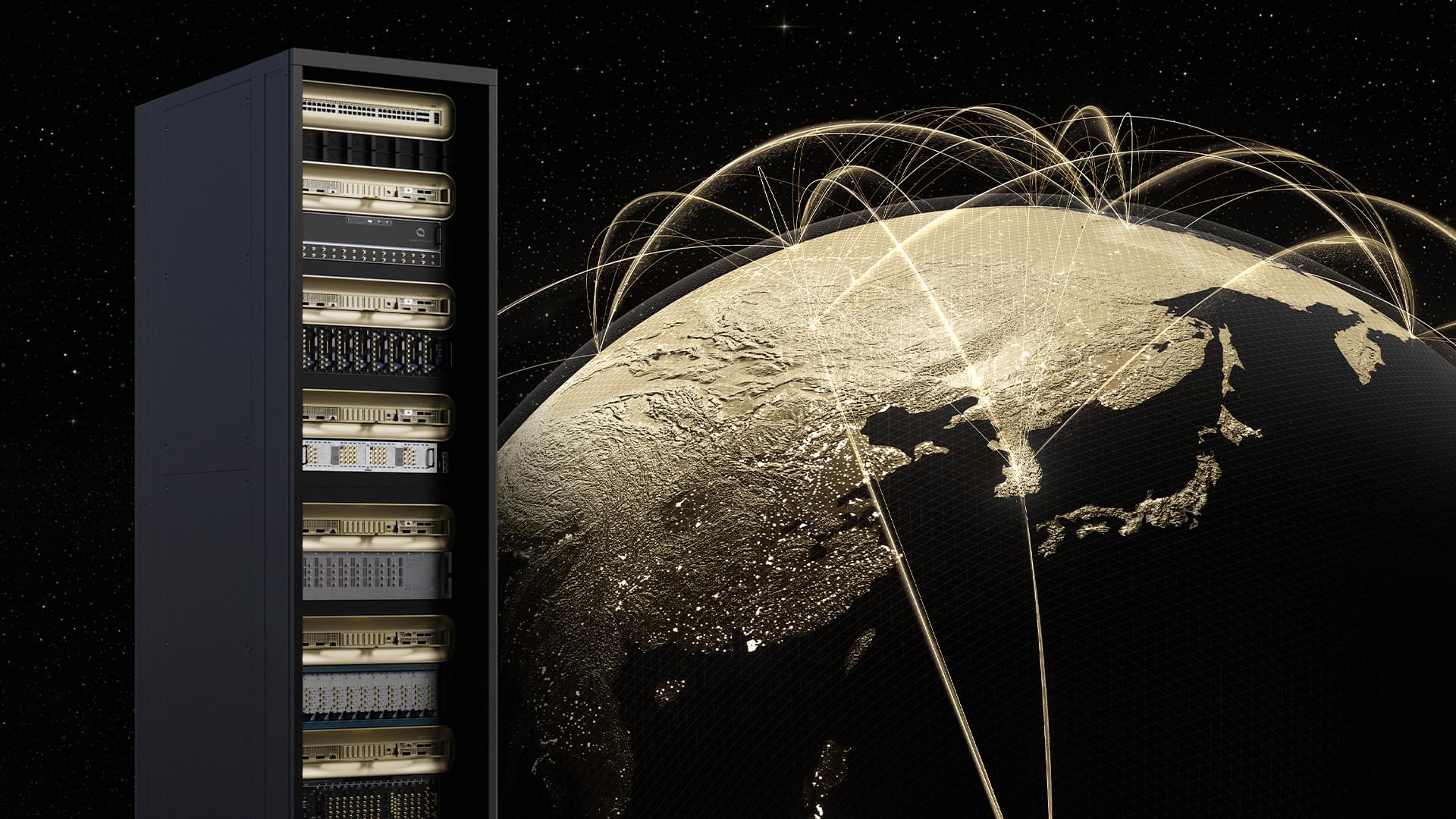Researchers at the Institute for Molecular Science (IMS) have definitively resolved a two-decade-long controversy regarding the direction of electron spin on the surface of gold.
Using a state-of-the-art Photoelectron Momentum Microscope (PMM) at the UVSOR synchrotron facility, the team captured complete two-dimensional snapshots of the Au(111) Shockley surface state, mapping both the electron’s spin (its intrinsic magnetic property) and its orbital shape in a projection-based measurement. The work is published in the Journal of the Physical Society of Japan.
The experiment unambiguously confirmed the Rashba effect—where an electron’s motion is coupled to its spin—by assigning a clockwise (cw) spin texture to the outer electron band and a counterclockwise (ccw) texture to the inner band when viewed from the vacuum side.
